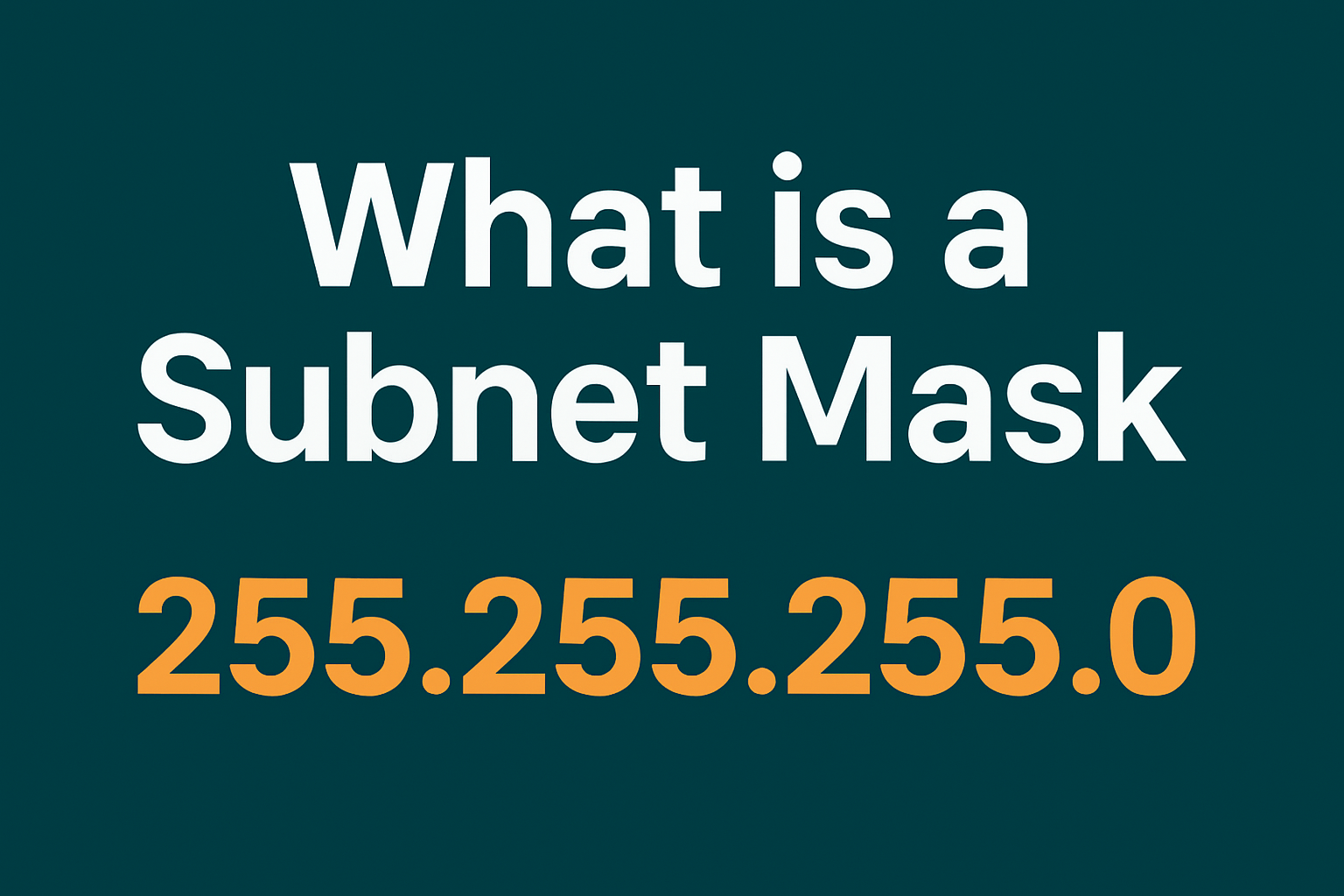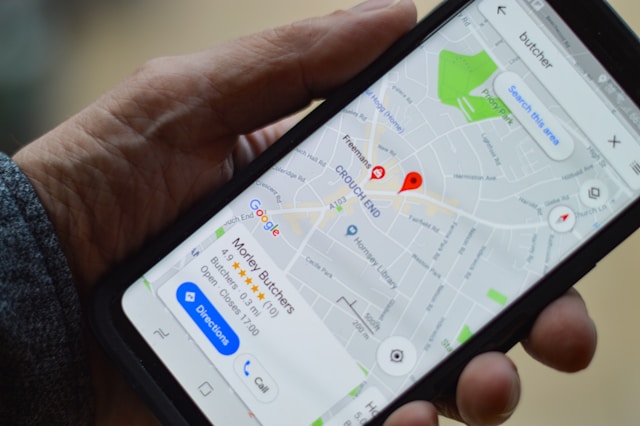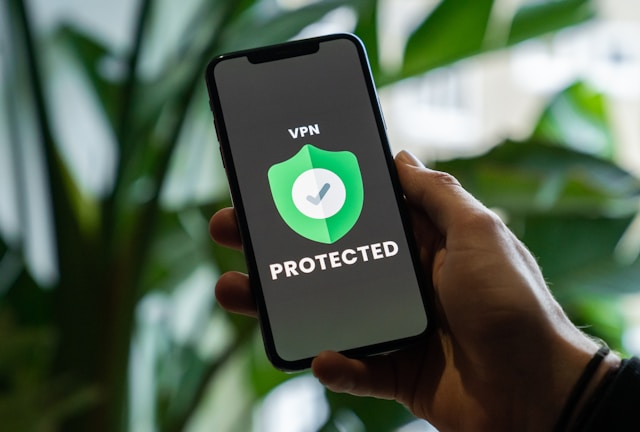GeoPlugin – Resources
How to Get IP Geolocation in PHP: All You Need to Know
If you are the owner of a website or commercial web page, getting a user's geolocation in PHP...
Read More
February 25, 2026
The 9 Best Geotargeting Tools Marketers Use to Reach the Right Audience
Modern marketing depends on accuracy. People want to see offers that match their current location, not random ads...
Read More
February 20, 2026
What Is Geohashing? Everything You Need To Know
Have you ever wondered how your ride-sharing app finds riders only nearby instead of the entire city? How...
Read More
October 15, 2025
How Does Geo Targeting Work?
“Why am I seeing ads for a cafe down the street when I’ve never searched for it?” If...
Read More
August 29, 2025
What is a Subnet Mask? Everything You Need to Know
You’ve probably come across this string or something similar with an IP address and found yourself wondering what...
Read More
June 25, 2025
JavaScript Geo Library: Definition and Top 4 Geo Libraries
Adding interactive maps to your website or app can get quite complex without the right tools. Mapping features...
Read More
December 24, 2024
Change IP Address To Watch Local Sports: Best VPN Options
There’s nothing worse than getting hyped for a big game only to be hit with blackout restrictions. Remember...
Read More
December 23, 2024
Localize IP: When To Consider IP Address Localization
Almost every website you visit uses your IP’s location to personalize your experience and offer other dynamic solutions....
Read More
December 16, 2024
Classic ASP: Gone Forever or Still Useful?
With an overwhelming majority of businesses having a website, it has become hard for them to stand out....
Read More
December 13, 2024
Sitemap Priority: What Is It and Why It’s Important
Are the web pages you've worked hard on barely getting any traffic, while low-value pages are getting more...
Read More
December 11, 2024
Geomarketing Solutions for All Types of Small Businesses
Previously, businesses emphasized merely having a digital presence to grow themselves. However, with so many businesses having online...
Read More
December 6, 2024
Geofencing in Facebook: A Step-by-Step Guide
Meta, with its lineup of platforms like Facebook, Instagram, and WhatsApp, allows you to reach global audiences with...
Read More
December 4, 2024















